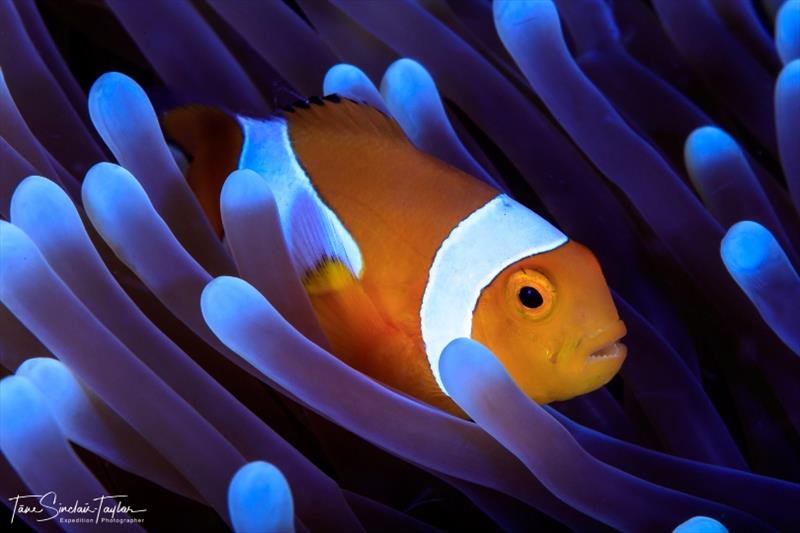
Finding Nemo's genes
by coralcoe.org.au 20 Sep 2018 04:43 PDT

The orange clownfish (Amphiprion percula) is one of the most important species for studying the ecology and evolution of coral reef fishes © Tane Sinclair-Taylor
An international team of researchers has mapped Nemo's genome, providing the research community with an invaluable resource to decode the response of fish to environmental changes, including climate change.
In a breakthrough study led by the King Abdullah University of Science and Technology (KAUST) and the ARC Centre of Excellence for Coral Reef Studies (Coral CoE), researchers used high-tech sequencing tools to create one of the most complete genetic maps for the orange clownfish, a common reef inhabitant and star of the Disney movie, Finding Nemo.
"This genome provides an essential blueprint for understanding every aspect of the reef fish's biology," said lead author Dr Robert Lehmann of KAUST in Saudi Arabia.
"It contains 26,597 protein coding genes. And like the world's largest jigsaw puzzle, it took patience and time to assemble."
The orange clownfish, Amphiprion percula, is not only the most recognized reef fish on Earth, but also one of the most highly studied.
"This species has been central to ground-breaking research in the ecological, environmental and evolutionary aspects of reef fishes," said co-author Professor Philip Munday of Coral CoE at James Cook University in Australia.
"For example, the clownfish is a model for studying sex change in fishes. It has also helped us understand patterns of larval dispersal in reef fishes and it's the first fish species for which it was demonstrated that predator avoidance behaviour could be impaired by ocean acidification."
The team used state-of-the-art technology to sequence the clownfish's genome. Their genomic and transcriptomic data is now available via the Nemo Genome DB database.
"The clownfish comprises approximately 939 million nucleotides that needed to be fit together," said co-author Professor Timothy Ravasi of KAUST.
"This is an extremely valuable resource for the research community and will further establish the orange clownfish as an ideal lab subject for genetics and genomic studies."
"This is one of the most complete fish genomes ever produced," said co-author Professor David Miller of Coral CoE at James Cook University.
"Using the PacBio single molecule, real-time sequencing technology, enabled us to achieve a polished result."
The paper "Finding Nemo's Genes: A chromosome-scale reference assembly of the genome of the organge clownfish, Amhiprion percula" is published today in the journal Molecular Ecology Resources.